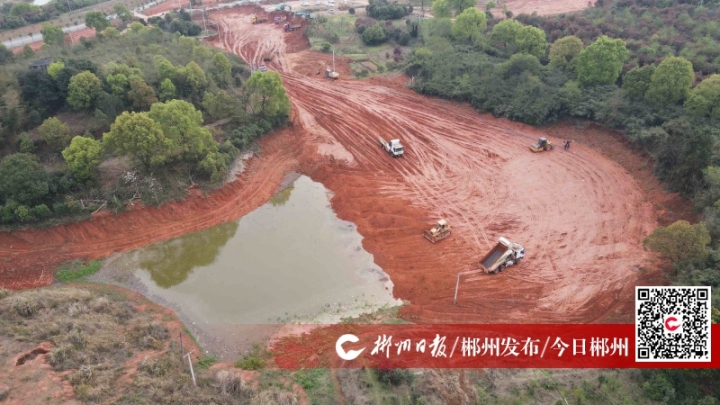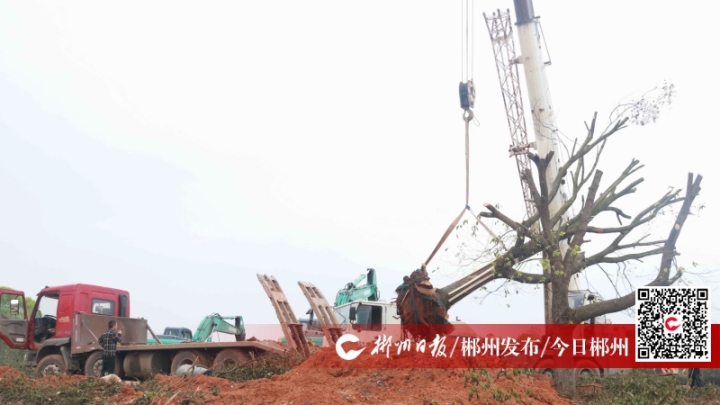We Are Porters of Nature

On March 18, the preliminary clearing work of Cisco (Chenzhou) Vocational Education City and its public supporting phase 1 project, a key construction project in Hunan Province in 2021, was in full swing.
On the hillside, excavators and trucks were working closely to clear the earth that needs to be leveled into a pond not far away.
"In the process of project construction, we will not let a grain of muck be transported out. All the muck excavated will be used to fill the low-lying areas such as fish ponds, so as to achieve earthwork balance." Project leader Li Jing told reporters.
"We don't create muck, we're just nature's porters." Li Jing said that her team has made great efforts to achieve this seemingly simple goal.
"Although our whole project is divided into two phases, the preliminary planning of the project is done uniformly. In the early stage of surveying and mapping and exploration, in addition to fixed-point surveying and mapping, we also used aerial surveying and oblique photography." Li Jing said that if the latter two surveying and mapping methods are not adopted, it is difficult to transport any earthwork to the sky.
In the view of many people, the starting point of not transporting earthwork is nothing more than cost saving. But Li Jing told reporters that their consideration goes far beyond that.
"In the early stage of surveying, mapping, exploration and unified planning, we have revised more than 30 drafts just by revising the planning to better protect our ecological environment. " Li Jing said.
This practice of protecting the ecological environment is fully reflected in the project site.

The reporter saw at the scene that a white crane was swinging its boom to load and transport a tree away. The tree will go through the process of transplanting, cultivating and replanting.
On the land planned for the construction of the project, as long as the rare tree species with DBH greater than 7 cm and the conventional tree species greater than 9 cm will be replanted to Cisco Vocational Education City. This not only avoids the second purchase of trees, but also protects the rare trees.




